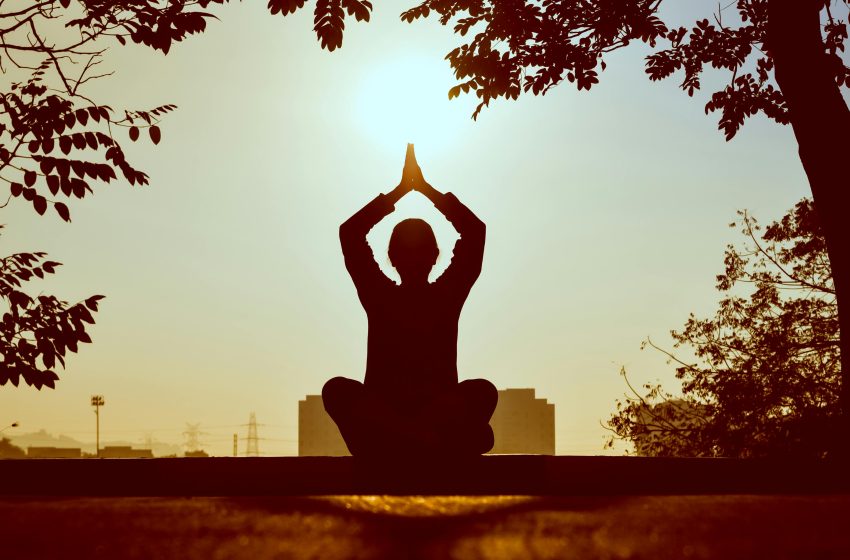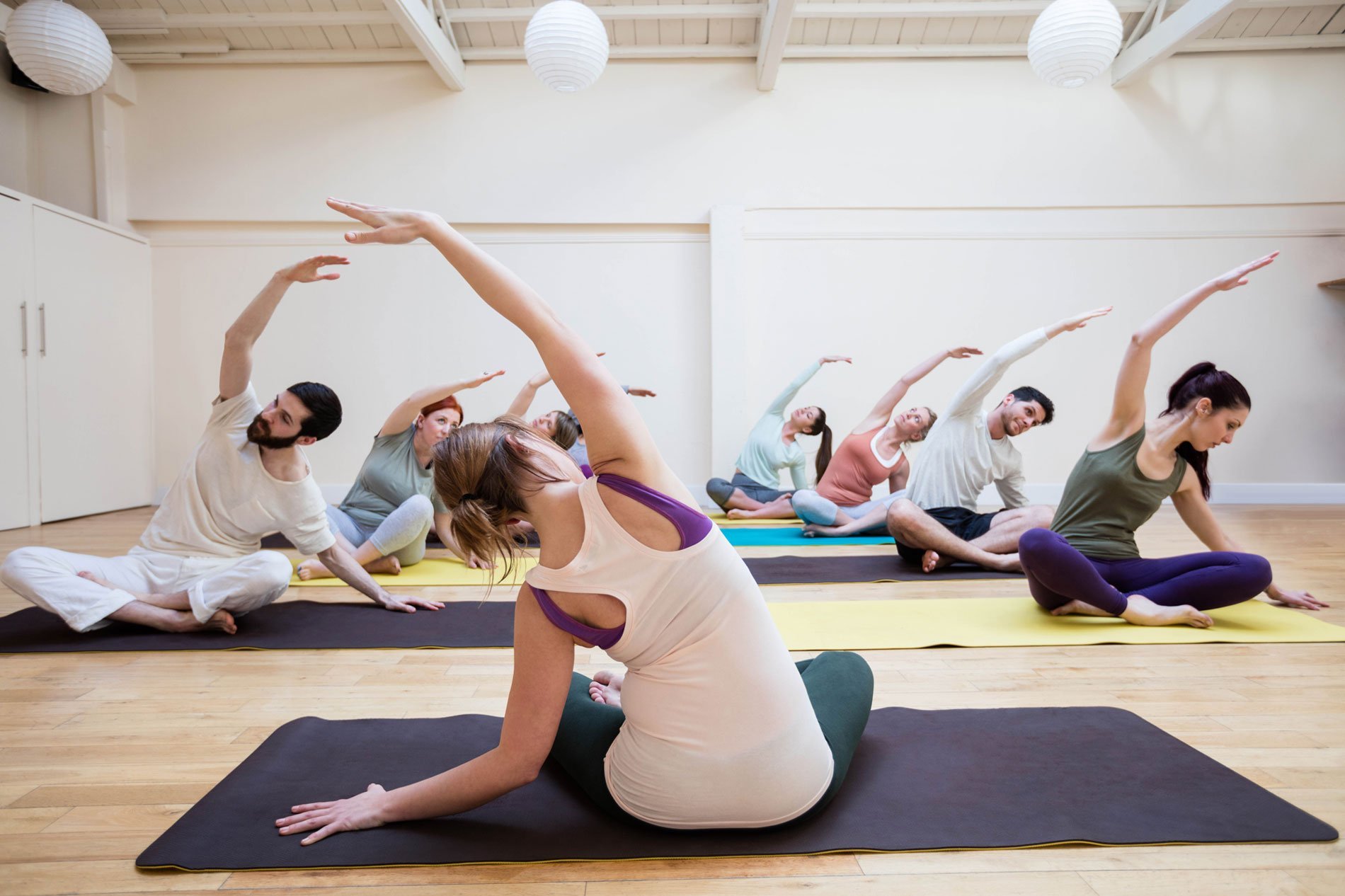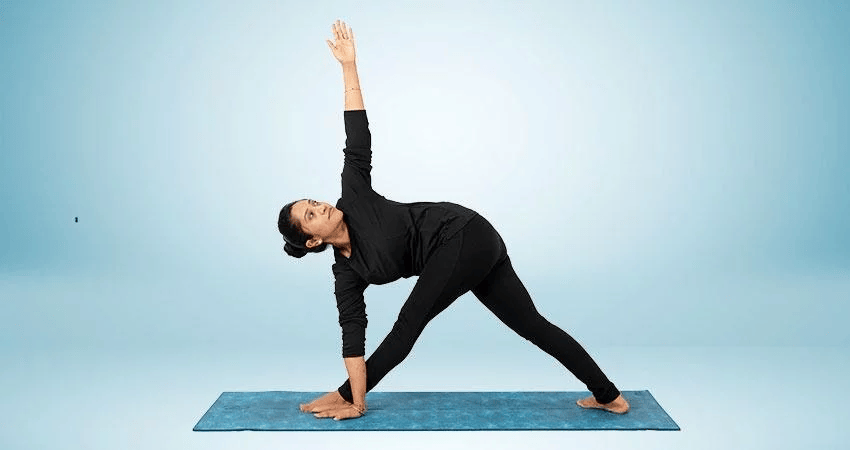How to Meditate: A Beginner’s Guide to Mindfulness and Inner Peace

Meditation has often been likened to hygiene for the mind. Just as you brush your teeth to keep them clean, meditation cleanses your mind by clearing away the informational debris of daily life. This practice can help you achieve clarity, reduce stress, and enhance overall well-being. If you’re new to meditation, this guide will walk you through the basics to get you started on your journey towards inner peace.
Understanding Meditation
Meditation is a practice that involves focusing your mind on a particular object, thought, or activity to train attention and awareness, and achieve a mentally clear and emotionally calm and stable state. There are many forms of meditation, including mindfulness meditation, focused meditation, and transcendental meditation, each catering to different needs and goals.
Benefits of Meditation
Before diving into the practice, it’s helpful to understand what meditation can do for you. Here are some of the key benefits:
-
Stress Reduction: One of the most common reasons people try meditation is for stress reduction. Studies have shown that meditation can decrease levels of cortisol, the stress hormone.
-
Enhanced Concentration: Regular meditation helps increase the strength and endurance of your attention.
-
Improved Emotional Health: Some forms of meditation can lead to an improved self-image and a more positive outlook on life.
-
Increased Self-Awareness: Meditation can help you develop a stronger understanding of yourself, helping you grow into your best self.
-
Reduced Age-Related Memory Loss: The focused attention and clarity of mind can strengthen the memory and mental quickness in aging adults.
Getting Started with Meditation
1. Choose a Quiet Location
Find a peaceful spot where you won’t be disturbed. This could be a corner of your bedroom, a dedicated meditation space, or even a quiet park.
2. Set a Time Limit
If you’re just beginning, it might help to choose a short time, such as five or ten minutes. As you get used to meditating, you can gradually extend your meditation time.
3. Pay Attention to Your Body
You can sit in a chair with your feet on the floor, sit loosely cross-legged, kneel, or lie down—whatever is most comfortable. The key is to maintain a posture that allows you to stay focused.
4. Feel Your Breath
Follow the sensation of your breath as it goes in and as it goes out. Inhale deeply through your nose, allowing your abdomen to fill with air, and exhale through your mouth.
5. Notice When Your Mind Has Wandered
Inevitably, your attention will leave the breath and wander to other places. When you get around to noticing that your mind has wandered—in a few seconds, a minute, five minutes—simply return your attention to the breath.
6. Be Kind to Your Wandering Mind
Don’t judge yourself or obsess over the content of the thoughts you find yourself lost in. Just come back.
7. Close With Kindness
When you’re ready, gently lift your gaze (if your eyes are closed, open them). Take a moment and notice any sounds in the environment. Notice how your body feels right now. Notice your thoughts and emotions.
Incorporating Meditation into Daily Life
Once you have the basics down, consider practicing meditation daily. Early morning is a great time to meditate, setting a calm and positive tone for your day. However, the best time is the one that fits consistently into your life.
Deepening Your Meditation Practice
As you become more comfortable with meditation, you might want to deepen your practice. Here are a few ways to enhance your meditation experience:
-
Use Guided Meditations: Apps like Headspace or Calm provide guided meditations which can be helpful for beginners.
-
Join a Meditation Group: Find a meditation center or group near you. Practicing with others can deepen your meditation and provide you with support.
-
Read Books on Meditation: Expand your understanding and deepen your practice by reading books from respected authors in the field of mindfulness and meditation.
-
Attend a Retreat: If you’re interested in a more intensive practice, consider attending a meditation retreat where you can spend several days or weeks focused on meditation.
Conclusion
Meditation isn’t about becoming a different person, a new person, or even a better person. It’s about training in awareness and getting a healthy sense of perspective. You’re not trying to turn off your thoughts or feelings. You’re learning to observe them without judgment. And eventually, you might start to better understand them as well. Start small, use the tools at your disposal, and incorporate meditation into your daily routine. A few minutes of meditation a day can make a big difference.



